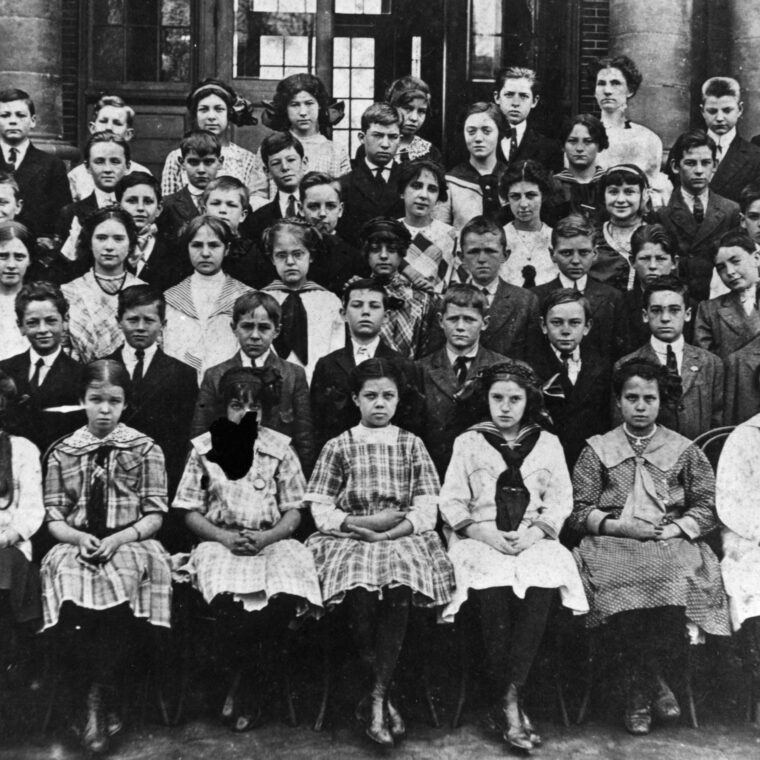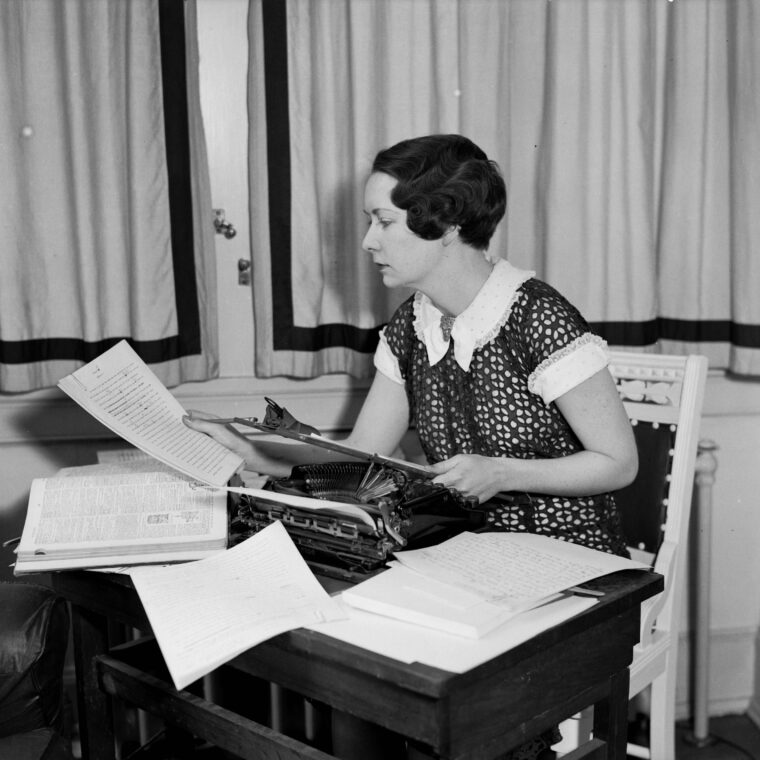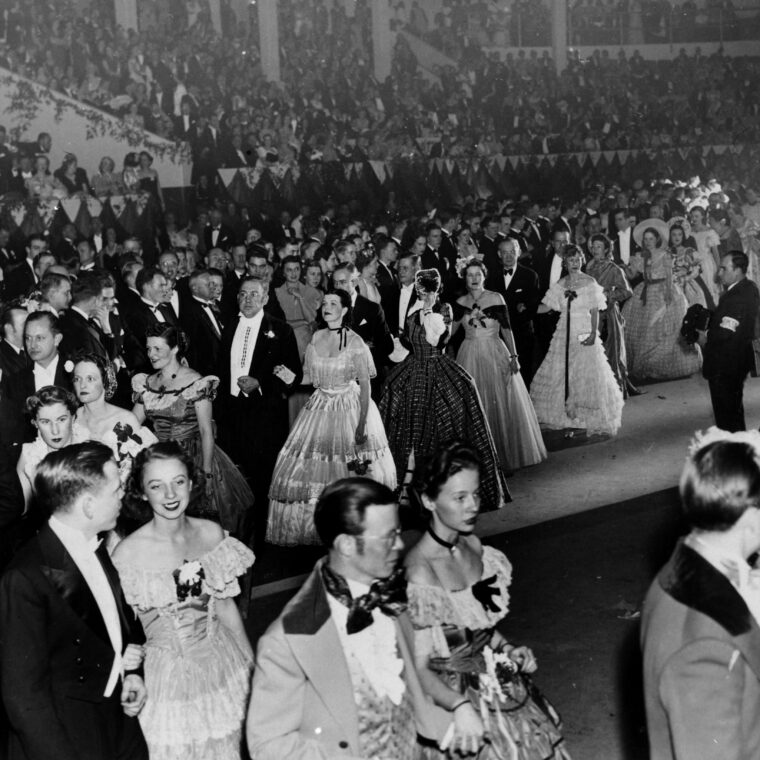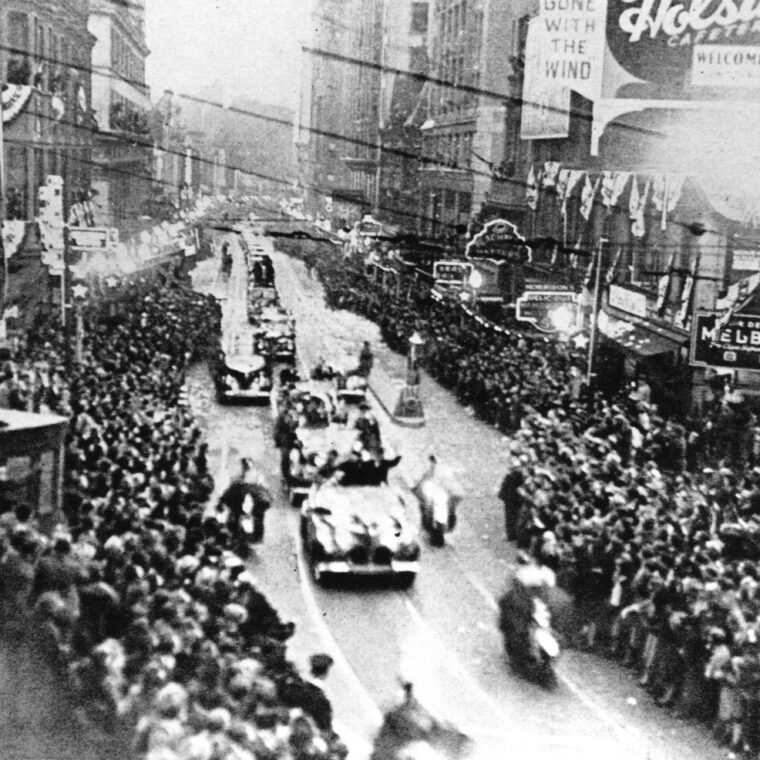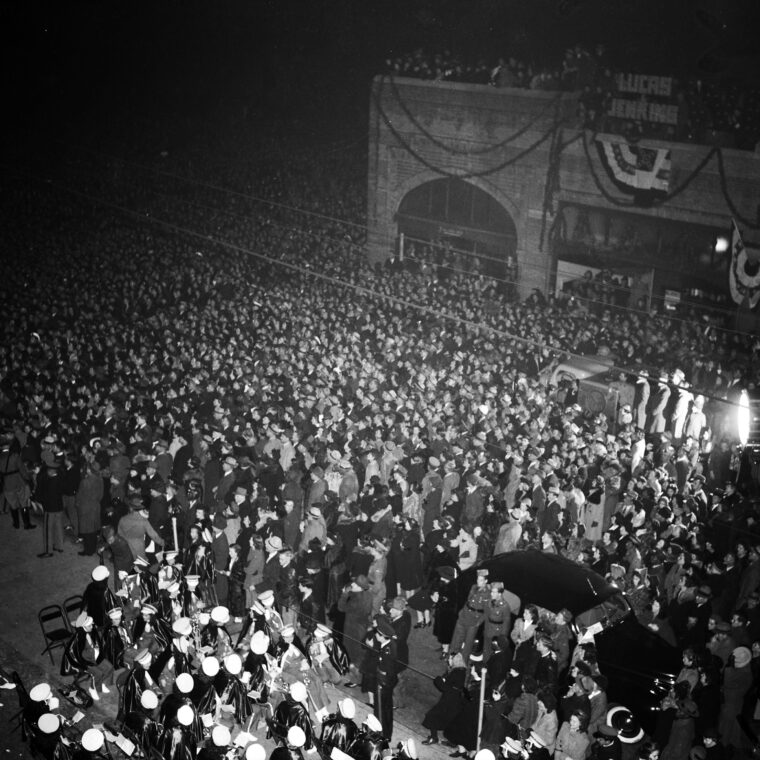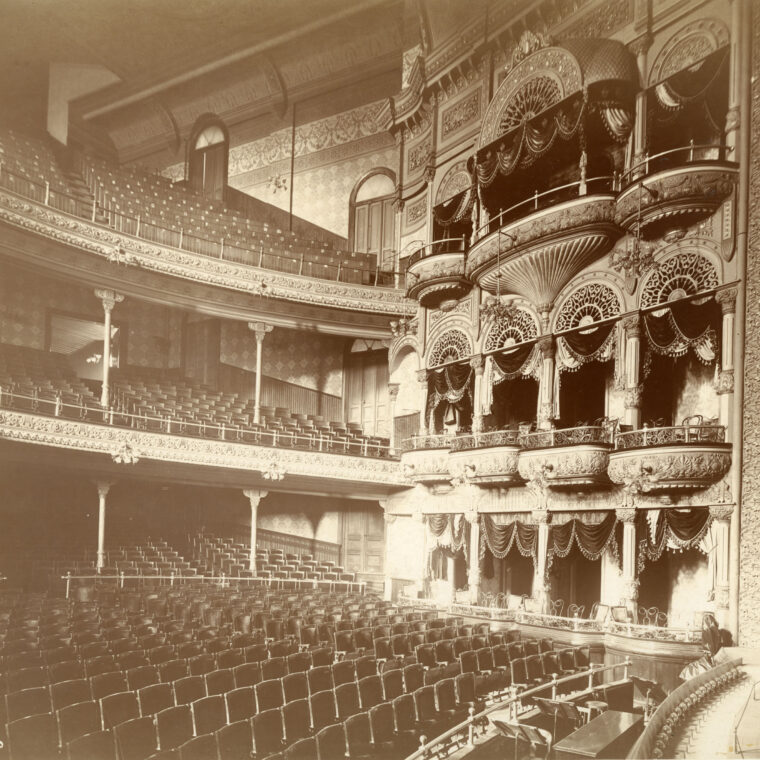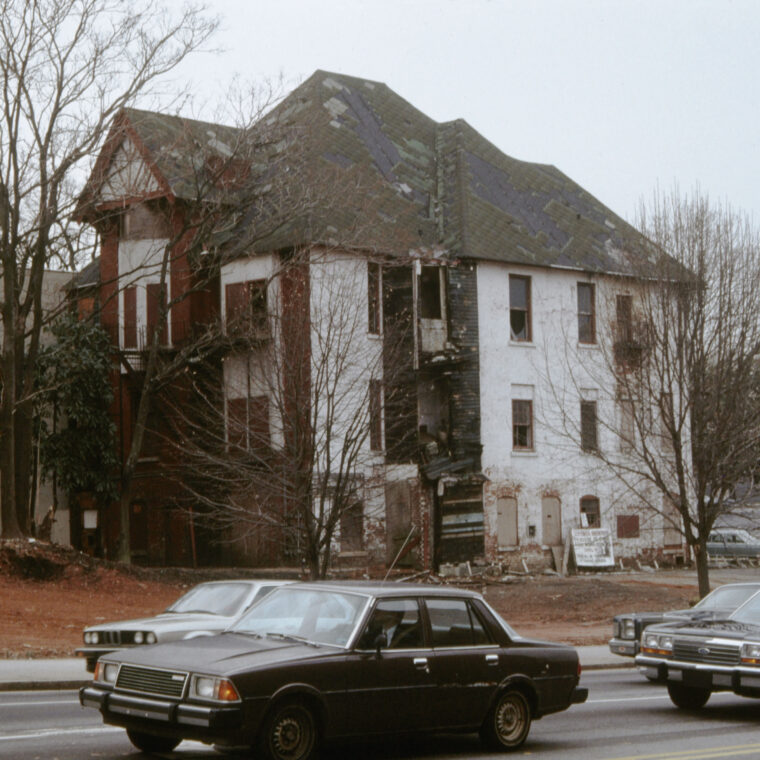Telling Stories: Gone With the Wind and American Memory is located at Atlanta History Center Midtown. The campus is open Tuesday-Sunday, 9am–4pm.
One of the most popular stories in American history has roots in a tiny apartment in Midtown Atlanta.
When author Margaret Mitchell lived in Apartment No 1. from 1925–1932, she spent many hours at a small desk at her portable Remington typewriter. Born in 1900, Margaret Mitchell (known as Peggy to her friends) grew up in a vibrant and ever-changing Atlanta while hearing stories of the Civil War from her grandparents and family friends.
The resulting novel was Gone With the Wind—a sweeping romantic epic set against the backdrop of the Civil War and Reconstruction.
No one was as shocked as Margaret Mitchell when her book became a runaway bestseller. Her star rose as the famed Hollywood producer David O. Selznick transformed the 1,037-page novel into a 4-hour epic stretching the limits of cinematography and imagination. Its contradictions were always apparent—both praised and criticized from its moment of publication, Gone With the Wind drew in stark relief the continued struggle to make sense of the country’s deadliest conflict in history and to grapple with racial questions in the context of Jim Crow segregation.
Telling Stories: Gone With the Wind and American Memory examines the making and meaning of this influential tale.
It explores the life and times of Margaret Mitchell, her experience in Atlanta, and her research process, helping situate this historical fiction novel in its contemporary context. It showcases the cultural phenomena resulting from the movie’s popularity and the many ways—both shallow and profound—that American culture shifted as a result. Finally, it traces the history behind the story, showing how Gone With the Wind reflected and advanced common historical myths about the causes and consequences of the Civil War and Reconstruction.
Understanding Gone With the Wind is essential to understanding Atlanta’s trajectory in the 19th and 20th centuries. It became part of the city’s unofficial marketing plan to the world, and the very points of contention and conversation inspired by the book and movie from the beginning encapsulate many of the tough cultural questions that have always defined American life.

